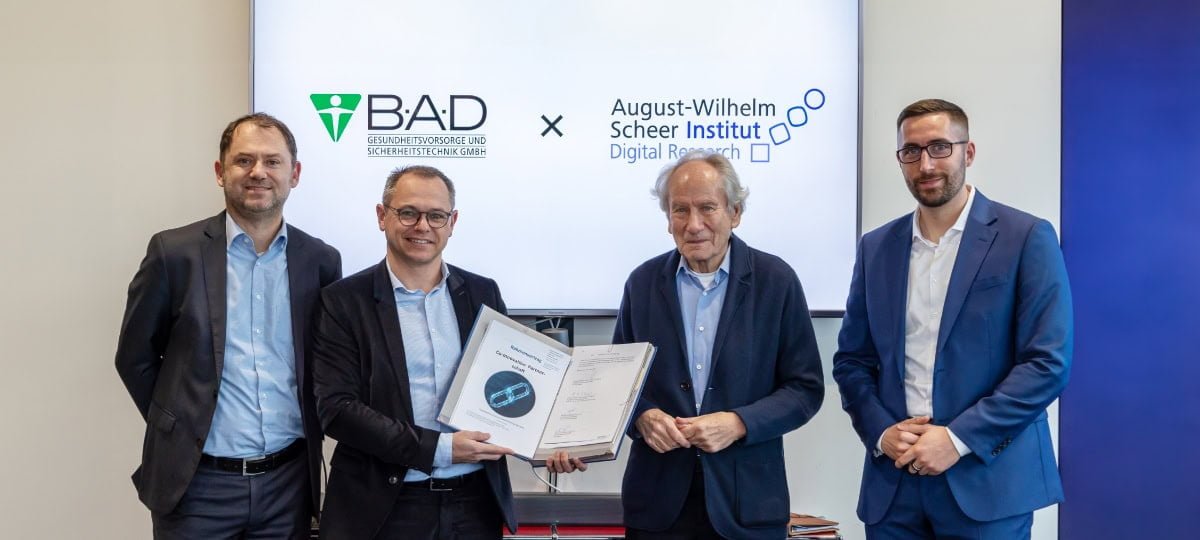Forecasts Are Difficult
Forecasts are difficult, especially when they concern the future. However, this bon mot should not apply to the use of analytics in companies. A good analytics solution is capable of uncovering dependencies and potential for improvement in companies. In particular, solutions that rely on predictive analytics massively increase the possibility of predicting developments.
Predictive analytics uses historical data to predict future events and provide advanced analytics to evaluate completed and current situations and simulate future scenarios. Analytics provides real-time insights through the use of technologies such as machine learning, AI, and business intelligence.
Reduce uncertainty
During the pandemic, many CEOs had to learn the painful lesson that it was almost impossible to assess the impact on business. That's how surprising and powerful the event was worldwide. Making the right decisions quickly in such a situation is a gamble. But by using analytics architectures and tools, it is possible to reduce uncertainty.
SAP Analytics not only brings data warehouses, reporting and planning tools into the company. A major advantage is the possibility of obtaining correlations, dependencies and insights in this way. The great strength of the analytics tools from SAP is, on the one hand, the easy integration into an often already existing SAP tool landscape. In addition to the choice between several options, the focus is on individual circumstances: Which processes are changing? Which data is missing or will be changed by processes? What is the existing data quality? And in the end, how can it be ensured that analytics can continue to generate insights and that it is clear: Where is the single point of truth?
Analyze processes
In most cases, it is much more important to invest in the data quality process than in another tool. Of course, analytics can only be as good as the data available in the company. If there are several places in the company where data is collected at the same time, there will always be several truths. However, the goal should always be a "single point of truth" as well as a "single point of entry" in the company, so that the focus is not on "searching" for information, but on "finding" it.
For users, no matter where the data is stored, there must always be only one truth. To ensure this, those responsible for data collection and processing in the company should assign appropriate roles that vouch for the accuracy, timely processing and integration of the data into the corporate context.
Modern analytics tools offer a contemporary user interface and numerous self-service options. Both "free up" the business departments. They no longer have to contact the IT department for every analysis that does not correspond exactly to an existing template. This is an advantage that should not be underestimated and relieves the IT specialists. Especially since there are always sources of error lurking in the translation between business and IT.
However, companies that want to use self-services must master the balancing act between data governance and the speed of data provision. Various levels are conceivable here, ranging from a strongly controlled and centrally defined database to an area that is made available to the end user virtually blindly. It should always be transparent who is responsible for the data, and at the same time there should be clarity about the purposes for which it is used.
In terms of technology and processes, established functions, processes and approaches, i.e. best practices, are of course also used in the analytics world to set up clean and flexible data management in a data warehouse, for example.





